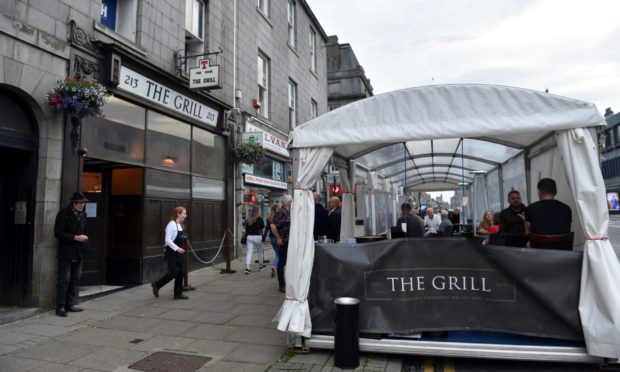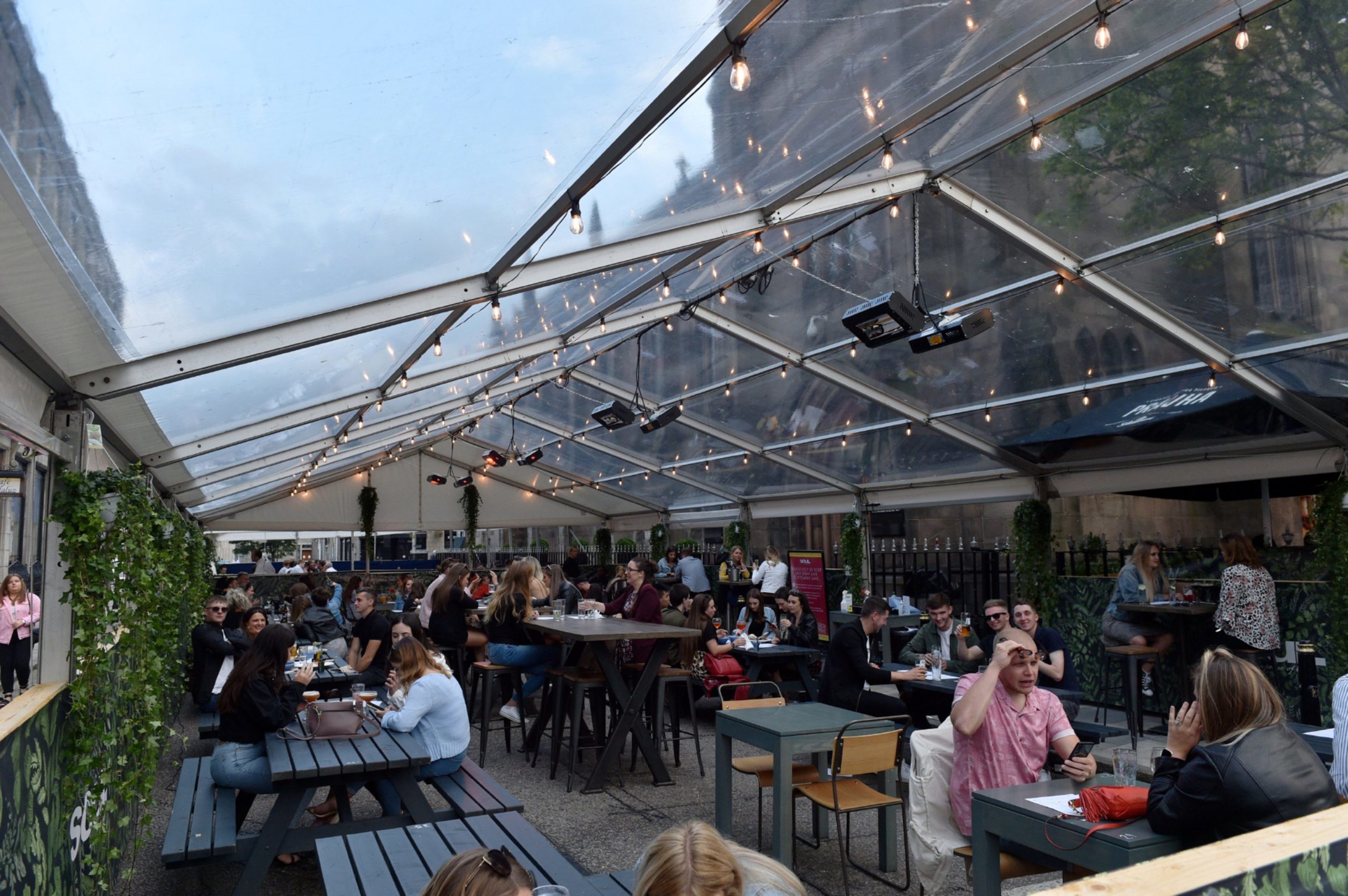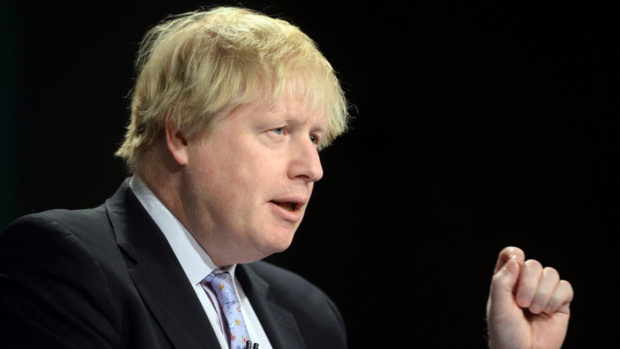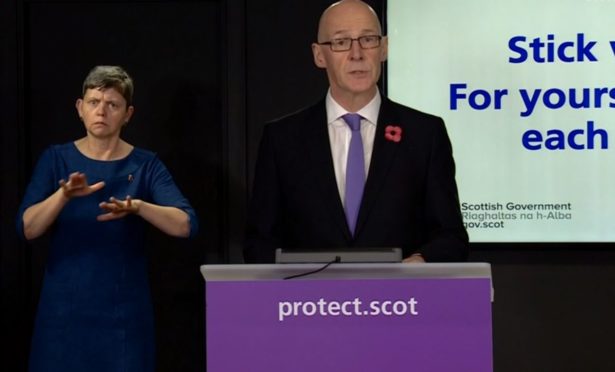Now that a new five-tier system has come into effect, hospitality businesses are operating under new rules.
Aberdeen and Aberdeenshire are now operating under Level 2 of the new system of coronavirus restrictions for Scotland.
The rules are more relaxed for the Highlands, Orkney, Shetland, the Western Isles and Moray which have been placed on Level 1.
The central belt and Dundee face the most restrictive measures, having put on Level 3.
With the new tier system now in place, Level 2 status (the third highest of the five tiers) means that time restrictions still apply to hospitality settings – but alcohol is permitted to be sold indoors with a main meal until 8pm. Outdoors the curfew has been extended from 10pm to 10.30pm.
Takeaways and deliveries of both alcohol and food will continue as before.
Level 1 restrictions mean alcohol will be permitted to be served indoors without ordering a main meal, with a curfew closing time of 10.30pm.
Though hotels in Level 1 and 2 regions will be able to operate and serve alcohol as per the outlined restrictions, they will be further affected by a travel ban on those living under Level 3 measures who may have to cancel bookings. With England now facing national lockdown, a travel ban has also been imposed there.
When it comes to socialising, the current measures remain in place – so no indoor mixing at home beyond those already living in a household, and only up to six people from two households are permitted to meet outside and in hospitality settings.
How long could these restrictions last?
On the Scottish Government’s Strategic Framework document setting out its approach, it offers the following explanation around the timescales for the tier restrictions in those areas on Level 2 or 3.
“The measures would be intended to be in place for relatively short periods (2-4 weeks), and only for as long as required to get the virus down to a low, sustainable level.”
However, the Scottish Government has also said it will not hesitate to increase the level of restrictions either nationally or in individual regions if the existing measures do not have the desired outcome.
What help is available for the businesses and staff affected?
With England now heading for a second national lockdown from Thursday (5 November), the Chancellor, Rishi Sunak, announced that the furlough scheme – which pays up to 80% of the wages of those not able to work due to the restrictions anywhere in the UK – will be extended until December.
The less-generous Job Support Scheme, which was scheduled to start on Sunday 1 November, has been postponed until the newly-extended furlough scheme ends.
Nightclubs are now eligible for grants of up £50,000, having been closed since lockdown began at the end of March.



